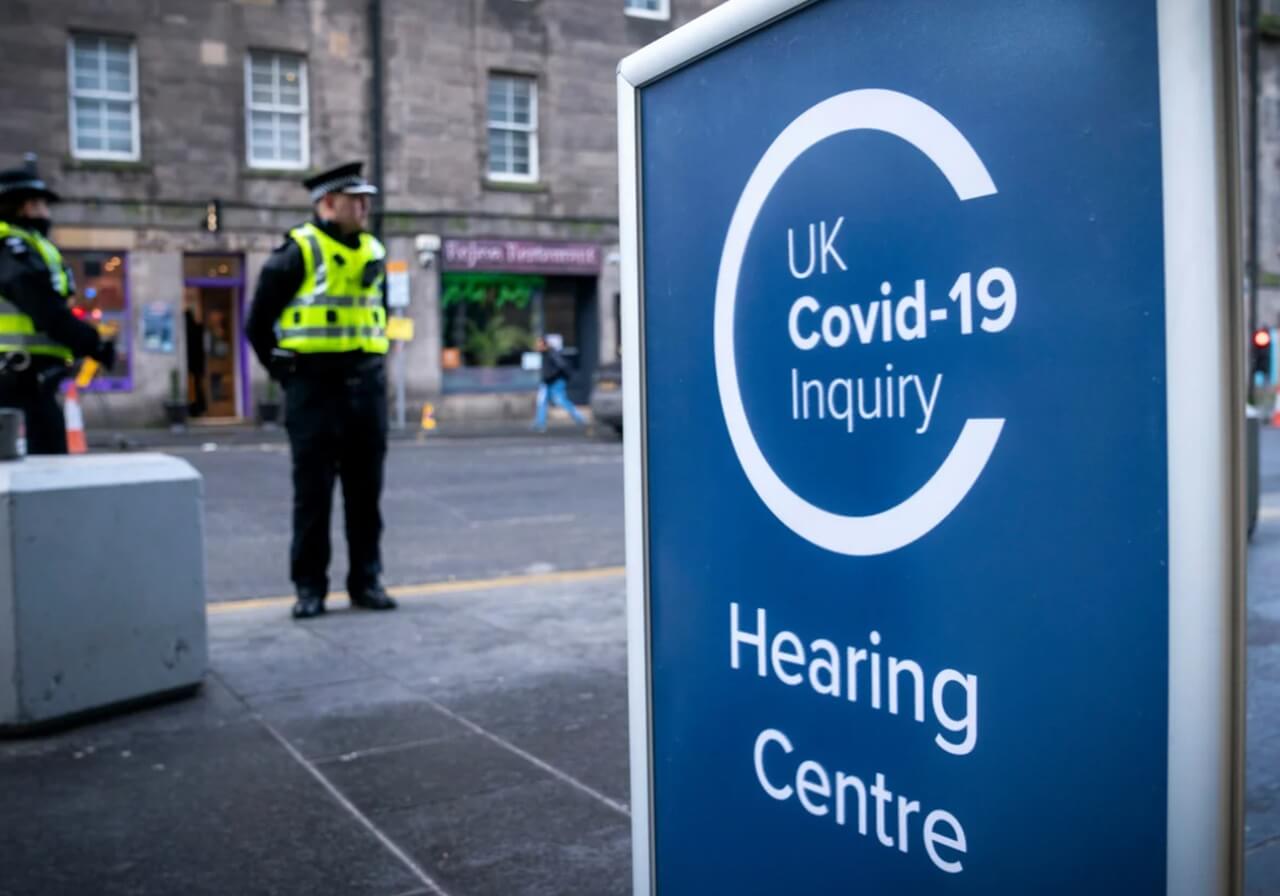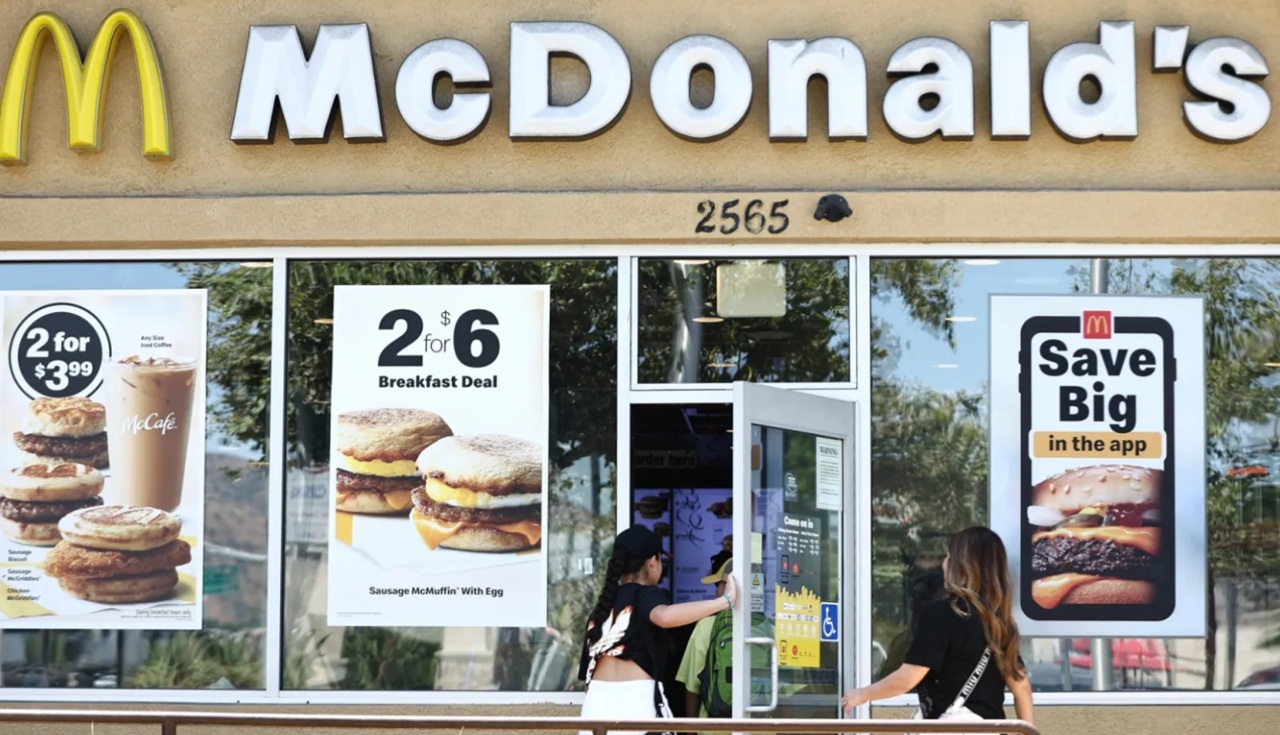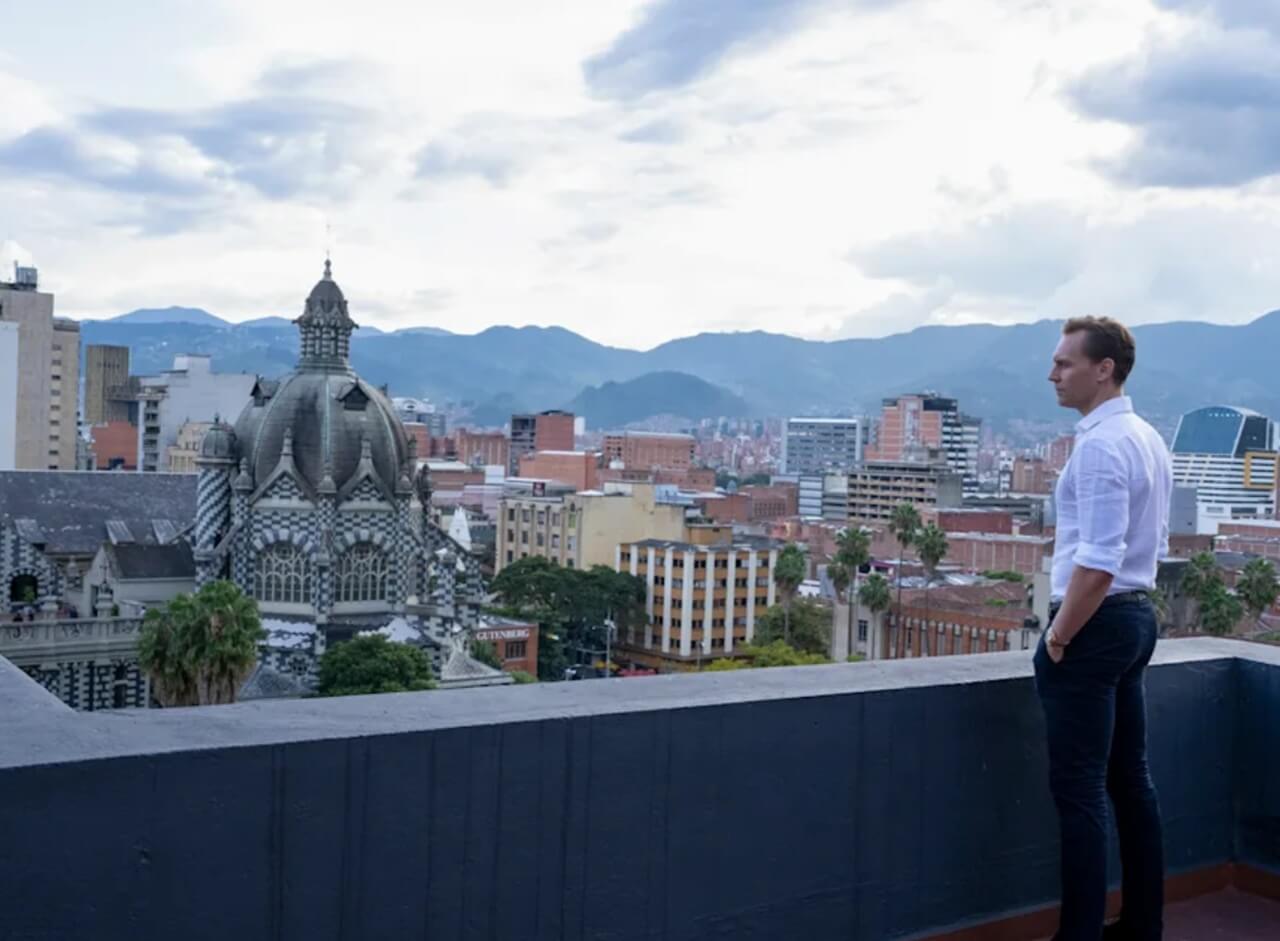A newly released UK Covid-19 Inquiry report has concluded that tens of thousands of deaths were avoidable during the pandemic’s first wave due to severe delays in government action. Led by Baroness Heather Hallett, the inquiry determined the national response was “too little, too late” as Covid-19 spread across the country in early 2020. The findings outline systemic failures, eroded public trust, and long-term societal harm caused by late lockdowns and unclear communication. Evidence from Reuters, the BBC, and official data showed that an earlier intervention could have saved nearly half of the deaths recorded in the first wave. The report represents one of the most consequential evaluations of the UK’s Covid-19 decision-making to date.
Timeline, Data, and Key Findings
The inquiry identified February 2020 as the UK’s “lost month,” describing a period in which essential preventive action was not taken. Voluntary public measures were implemented on March 16, followed by a nationwide lockdown one week later. Modeling presented to the inquiry revealed that a lockdown imposed just seven days earlier could have prevented approximately 23,000 Covid-19 deaths in England’s first wave.
Evidence also highlighted significant operational issues, including unprepared emergency systems, slow communication between agencies, and inadequate coordination among the UK’s four nations. The report emphasized that too much focus was placed on flu-based assumptions, which did not align with Covid-19’s transmission patterns or global impact.
Quotes, Reactions, and Expert Assessments
Analysts described the report as one of the most damning assessments of crisis leadership in recent history. Public health experts noted that the findings mirror global reviews of early pandemic responses but highlight particularly stark failings in the UK’s strategy.
Baroness Hallett stated that “lives were lost because action was delayed,” reinforcing the gravity of her panel’s conclusions. Officials from Reuters and BBC political correspondents echoed the sentiment, calling the early response “fractured, hesitant, and ultimately costly.” Critics also referenced high-profile rule-breaking events in Downing Street, which the inquiry concluded damaged national trust.
Consequences for Public Health and Governance
The Covid-19 report outlines extensive social, economic, and psychological impacts across the UK. Children faced significant disruptions to education and mental well-being, especially during extended school closures that the report says were enacted without full understanding of long-term consequences.
The findings also reflect deepening inequality throughout the crisis. Vulnerable populations experienced disproportionately high fatality rates, while access to routine healthcare was severely disrupted. Public trust was further weakened by political controversies, making compliance with restrictions more difficult and increasing the overall cost of the Covid-19 outbreak.
From a governance standpoint, the inquiry’s conclusions signal a need for structural reform to ensure swifter decision-making during national emergencies.
Recommendations and Future Planning
The inquiry issued a set of critical recommendations aimed at preventing repeat failures. These include designing emergency plans that go beyond influenza models, strengthening coordination between the UK’s four nations, expanding parliamentary oversight of emergency powers, and building diverse advisory panels that consider economic and social impacts alongside health data.
Future crisis communication must be “transparent, consistent, and timely,” according to the report. Upcoming parliamentary debates are expected to address the recommendations in detail, shaping how the UK prepares for the next major public health emergency.
As the UK reflects on the findings, officials emphasize that the lessons from Covid-19 must shape a more resilient national response framework going forward.
Sources
BBC News, Reuters, Associated Press, CNN, UK Covid-19 Inquiry Report, ESPN News Desk














